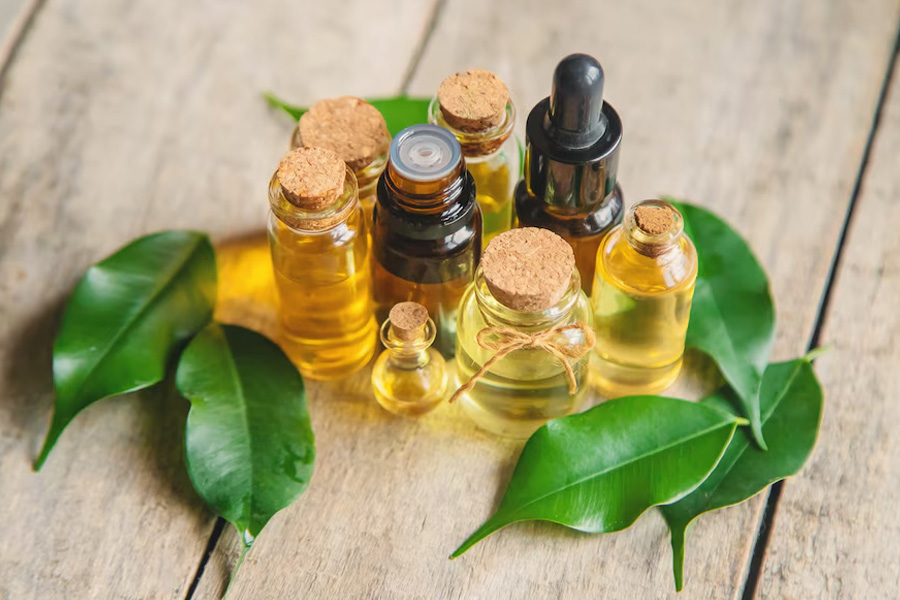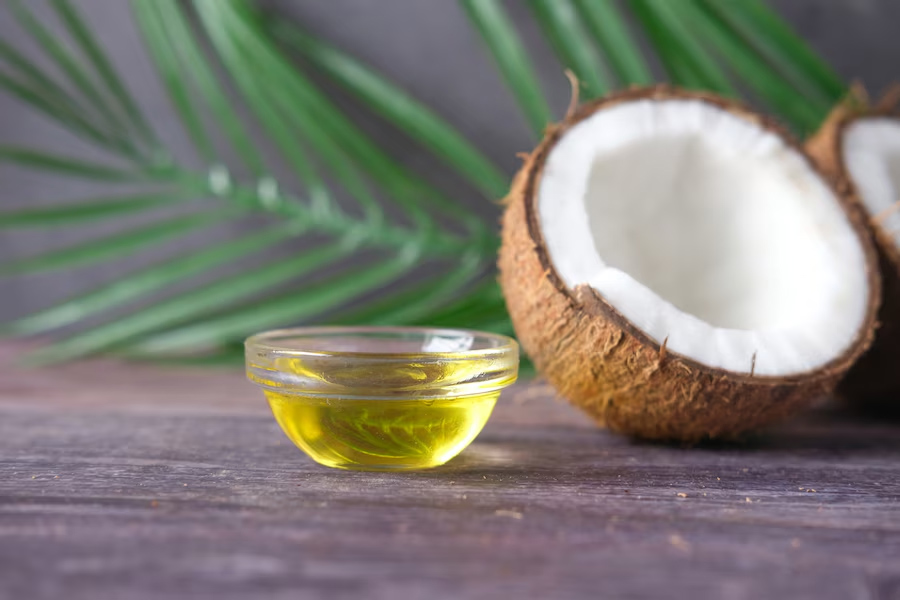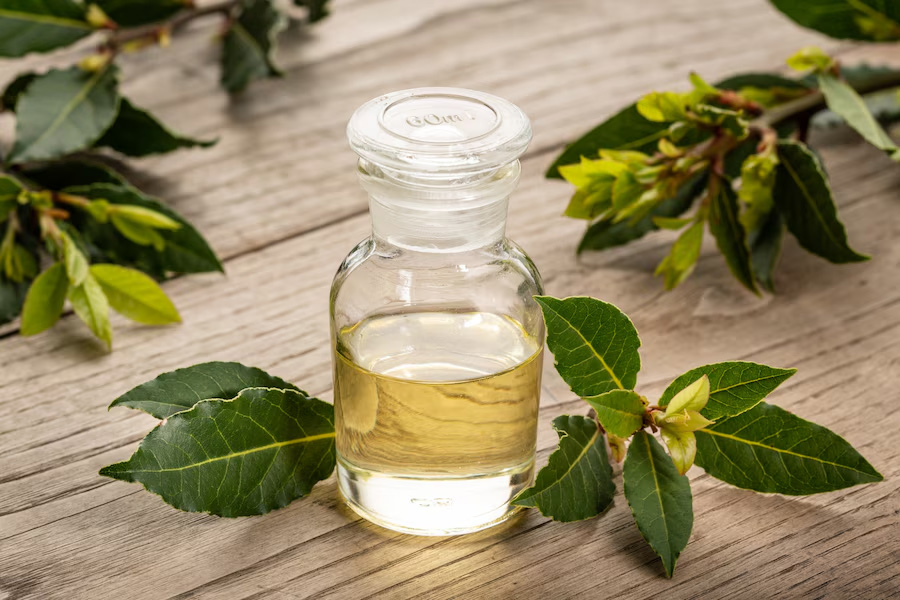
Living with eczema can be incredibly challenging, with its constant itching, irritation, and dry, inflamed skin affecting your daily routine and overall well-being. While there’s no cure for eczema, finding ways to manage flare-ups effectively can bring much-needed relief. One of the most popular and gentle approaches is using herbal oils, which are packed with natural properties that can soothe and nourish the skin. From calming inflammation to locking in moisture, these oils can help prevent flare-ups and make eczema more manageable. In this article, we explain how herbal oils can be a natural ally in your eczema care routine.
Table of Content:-
Understanding Eczema and Its Triggers

According to StatPearls, eczema, also known as atopic dermatitis, is a prevalent chronic skin condition that, if untreated, can result in recurring infections and significantly impact the quality of life. It is marked by dry, itchy skin that becomes inflamed and vulnerable to infections due to repeated scratching or rubbing.
Herbal oils, with their moisturising and anti-inflammatory properties, can play a vital role in managing eczema by calming irritated skin, reducing redness, and strengthening the skin barrier.
Benefits of Herbal Oils for Eczema

1. Deep Moisturisation
Dry skin is a common symptom and trigger of eczema. Herbal oils, such as coconut oil, almond oil, and jojoba oil provide deep hydration, locking in moisture to prevent dryness. This keeps the skin supple and less prone to cracking or inflammation.
2. Anti-Inflammatory Properties
Many herbal oils, like chamomile and calendula oil, are rich in anti-inflammatory compounds. These help reduce redness, swelling, and itching, making flare-ups less severe.
3. Antimicrobial Effects
Skin affected by eczema is more vulnerable to infections because of frequent scratching and a weakened skin barrier. Oils like tea tree and neem oil have natural antimicrobial properties that protect the skin from bacterial and fungal infections.
4. Skin Barrier Repair
Herbal oils, such as argan and borage seed oil contain essential fatty acids that help repair and strengthen the skin barrier, reducing sensitivity to irritants and allergens.
Also Read: Baby Skincare: Home Remedies For Managing Eczema In Cold Weather
Top Herbal Oils for Managing Eczema
1. Coconut Oil

Coconut oil is a favourite among eczema sufferers due to its natural moisturising and antimicrobial properties. It absorbs deeply into the skin, delivering hydration and calming irritation. A 2022 review highlights that the fatty acids found in virgin coconut oil may support skin barrier repair while reducing inflammation and the risk of infections in individuals with eczema.
2. Calendula Oil
Derived from marigold flowers, calendula oil is known for its soothing and anti-inflammatory effects. It soothes redness and irritation, making it perfect for sensitive skin.
3. Jojoba Oil
Jojoba oil is unique as it mimics the skin’s natural oils. It helps moisturise without clogging pores and has anti-inflammatory properties that reduce itching and swelling.
4. Tea Tree Oil

Tea tree oil, diluted in a carrier oil, can reduce itching and prevent infections. According to a 2022 study, tea tree oil contains terpinen-4-ol, a compound known for its anti-inflammatory properties. This can help reduce itching, irritation, and swelling commonly experienced with eczema.
5. Chamomile Oil
Chamomile oil is well-known for its calming properties. It soothes inflamed skin and provides relief from itching, making it a gentle option for eczema-prone skin.
6. Neem Oil
Neem oil, packed with fatty acids and antioxidants, nourishes the skin and fights off infections. Its antibacterial and antifungal properties make it particularly useful for eczema sufferers prone to infections.
Tips for Using Herbal Oils

- Patch Test First: Always test a small amount of oil on a patch of skin before widespread application to check for allergic reactions.
- Dilution is Key: Essential oils like tea tree or chamomile should always be diluted with a carrier oil, such as coconut or almond oil, before use.
- Apply After Bathing: For maximum effectiveness, apply herbal oils to damp skin after bathing to lock in moisture.
- Consistency Matters: Incorporate herbal oils into your daily skincare routine for long-term benefits.
Precautions to Keep in Mind
While herbal oils offer significant relief, they may not work for everyone. People with severe eczema or known allergies to certain plants should consult a dermatologist before using any herbal oils. It’s also essential to ensure the oils are high-quality and free from additives or synthetic fragrances, which can irritate sensitive skin.
[Disclaimer: This article contains information for informational purposes only. Hence, we advise you to consult your professional if you are dealing with any health issues to avoid complications.]
Also watch this video
How we keep this article up to date:
We work with experts and keep a close eye on the latest in health and wellness. Whenever there is a new research or helpful information, we update our articles with accurate and useful advice.
Current Version